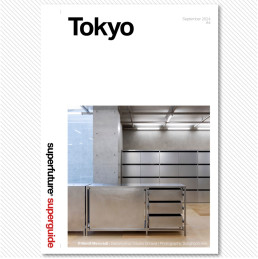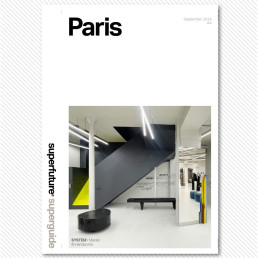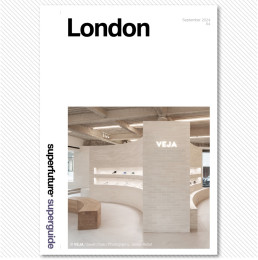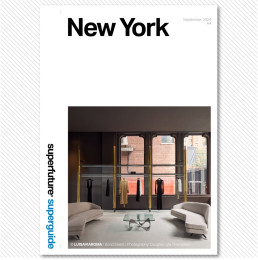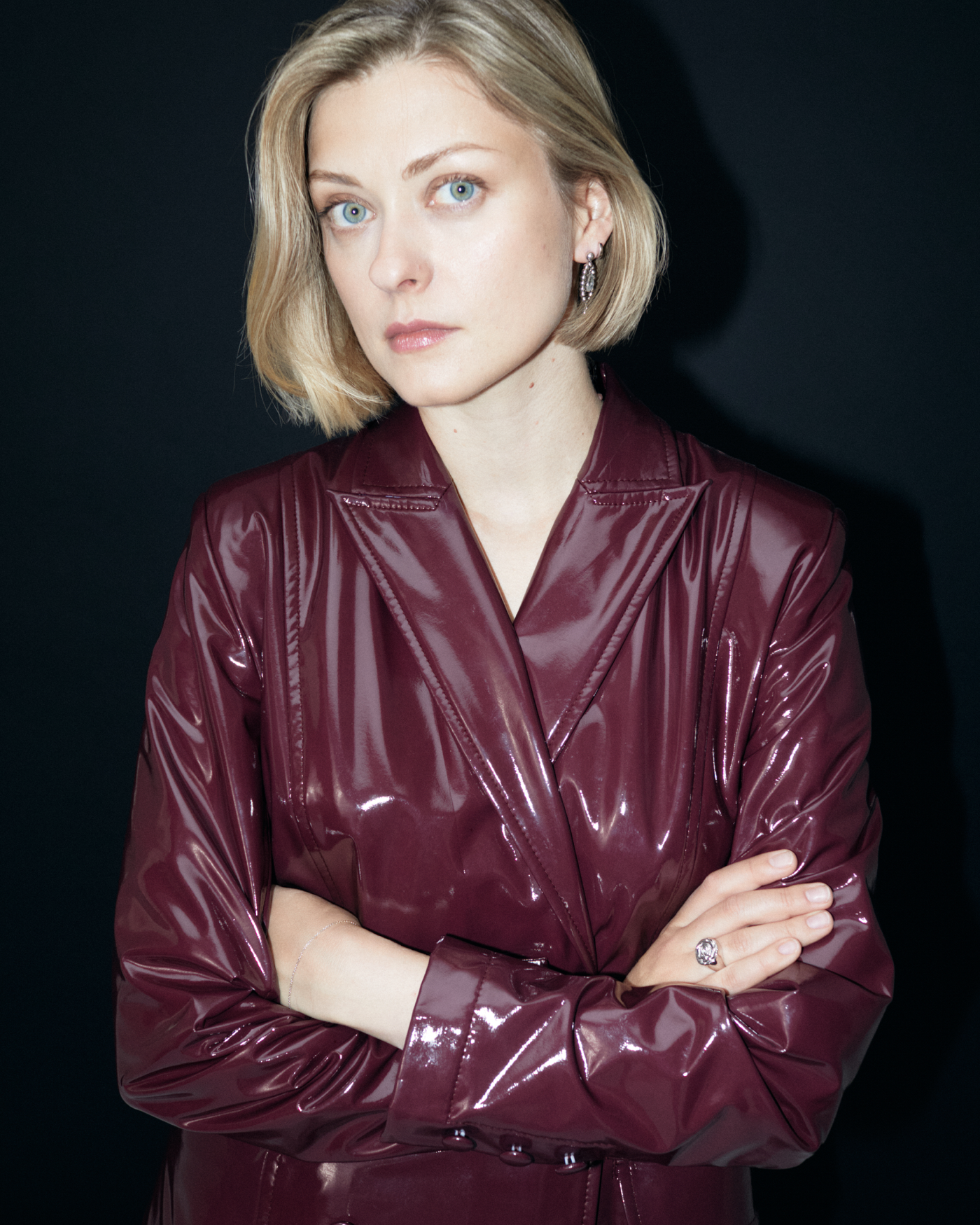
Contemporary jewellery brand Avgvst first caught our eye in 2018 when opening a compact yet brilliantly designed standalone boutique in the heart of Moscow. Founded in 2013 by Natalia Bryantseva, originally a successful advertising professional who started jewellery design as a mere hobby, her designs quickly resonated with a larger group than just here friends, and eventually, they were even picked up by Vogue Russia. So, from a passionate leisure activity on the side, it became a brand and Bryantseva’s main focus, and later on, when shifting into higher gear, she decided to ditch the brand’s eponymous identity and adopt its current name Avgvst. It’s a name shared with a poem by Boris Pasternak, and a fav of Bryantseva’s mother, the month in which the designer was born, and last but not least, it was picked to better reflect the collective effort of many, and as such, its democratic brand values. Fast forward to 2022, the world has embroiled in a major geopolitical showdown at the cost of many lives, millions of refugees and faltering economies. Superfuture sits down with the designer, who’s based in a country where the aforementioned turmoil has taken a patriotic front seat, to talk business and perspectives amidst these entirely new and challenging dynamics.
If I may get straight to the point: what is the effect of Russia’s invasion of Ukraine and the sanctions on your company and the Russian creative community? Sanctions applied by the European Union, U.K. and U.S. have mostly affected those who are very much against the war. It has affected those who fought for the political freedom in Russia, who attended every single protest – and these are pretty brutal – and those who were helping the detained to get out of jails and precincts by either paying for their lawyers or protesting in front of the precincts. Sanctions affected creative businesses, the ones that aren’t in any way are connected to neither the government, nor the oil and gas industry. Before, these creative businesses have been collaborating with the Ukrainian artists and its creative communities. It’s the first case that we can remember when the whole country got cancelled. Not a lot of people are looking past the headlines, and oversee that people are still fighting the regime. Russia has faced its biggest emigration wave, not even the one in 1917 or 1992 can compare to what we’re seeing today, and the people fleeing the country are ready to face many challenges and difficulties that come with being a Russian today. When it comes to our business, Avgvst has always produced its jewellery pieces locally and we have only been importing enamel and rhodium, but we do produce small leather goods in Italy though. However, on February 24 we put our plans on expansion to Europe on hold. Throughout the last three months we’ve been deliberating and thinking whether we should resume them, and eventually we decided that however impossible it may seem to plan anything ahead these days, to still give it a go. It’s mentally very challenging to remain optimistic, but we try to keep calm and do our job, taking one day at a time. The war has affected everybody, including me and my team. As for myself, I have an uncle and his family living in Ukraine, and Avgvst has business partners there. We’re all keeping in touch and trying to support each other. I feel lucky and blessed to have people understanding that it’s not my war.
Have you noticed a different perception of Russian brands by consumers abroad since the war started? Luckily we haven’t faced the negative perception of Avgvst. We’re delighted that our clients are with us, through thick and thin, but we have always been ‘different’ on the local market. Avgvst has always been about participation, inclusion and voicing the civil position. We’ve always supported and donated to good causes, supported the free press. We support and help non-profit organisations fighting for women’s rights and work to create safe spaces for LGBTQ+ community in our stores as well as for our team.
Many foreign brands have now ceased operations in Russia. How has this affected homegrown brands? I must say that local brands are actually doing fine. I’m solely talking revenue and profits though, not the spirit and the optimism related to what the future holds. The purchasing power has fallen and the unemployment rate is rising, but the local businesses also gain new consumers, the ones that were shopping brands that have now left Russia. Also, the so-called import substitution is in action. I don’t see this as an opportunity for growth, but as it is: stagnation, degradation and barbarity. Going forward we’ll witness the increase of certain businesses in certain industries and the nationalisation of private companies. This will lead to an isolated market with little competition and it’s a huge step back, worsening service and client relationships, higher prices, and an absolute lack of innovation and experimentation. Honestly, we at Avgvst would like to see Tiffany as our competitor. I love it when clients tell us that they went to Tiffany and Cartier to look for wedding rings, but instead they chose something from Avgvst.
Do the current sanctions have any effect on your operations? As I’ve mentioned before, we’ve lost easy access to raw materials from Italy, such as rhodium, enamel and coating. Logistics of goods made in Europe has become impossible, and we produce small leather goods in Italy.
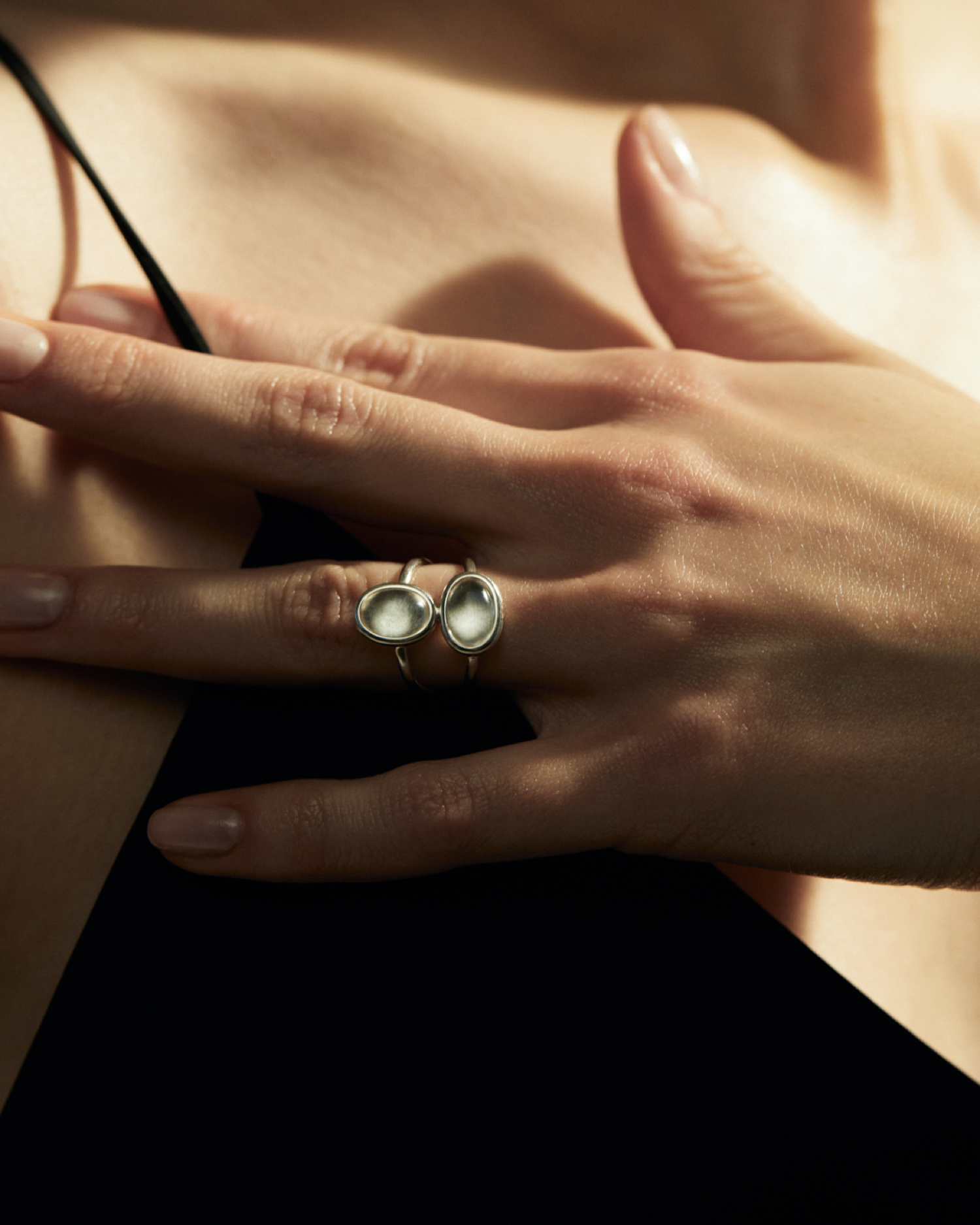
What were the circumstances when you established Avgvst? Were there many local competitors? Was the market mature enough? When we first started there were almost no indie jewellery brands, designers were mostly working on made-to-measure orders in their ateliers. The jewellery market was however filled with outdated designs that were mass produced. We had to reinvent the market, the industry, teaching our the consumers things that seem to be obvious today. Women weren’t used to wear signet rings and there was absolutely no unisex jewellery available.
You started out as an advertising professional. What made you decide to switch careers and be a jewellery designer? There comes a time in every advertiser’s life when you just get so tired of selling air without actually creating anything but a concept. You want to capture your ideas and beliefs with an actual product, something palpable. That’s when I started making jewellery, and I felt pure joy and happiness doing that.
What is the profile of the Avgvst client? Also, are Russian customers the majority of your company’s clientele? Avgvst’s DNA includes Marina Tsvetaeva’s poetry, Lou Reed’s music, Fabergé’s jewellery tradition, V&A Museum archives, and the photographs of French New Wave actresses. We’re all about beauty and rebellion, especially in troubled times. We always refer to international and universal design codes and contexts that have no national mapping. We stand against barbarism, ignorance, banality, and inequality. Our clientele is growing together with the brand. First we became known in the local market, in Russia, then amongst Russian-speaking people living all over the globe, and today we have more and more Europeans buying our pieces.
As a company and brand, Avgvst very much comes across as transparent, ethical and forward. In other words, a new generation Russian company. How can these values be upheld in the future? I’ll be frank. If we won’t be able to keep speaking our truth and reflecting our values in Russia, we’ll have to cease our activities there and focus on Europe instead. Making money just for the sake of money is an absurd idea. I was never interested in solely running a lucrative business.
Avgvst’s designs have a distinctly modern allure. Assuming that you first and foremost cater to the home market, what can you tell me about the design sensibilities of Russians in general, and more specifically, young Russians? Please allow me to correct you here, we never focused on the local market while designing jewellery. I don’t believe Russians, or young Russians for that matter, have any specific preferences. People buy jewellery for so many different reasons, from celebrating a graduation or a divorce, to fighting an impostor syndrome and as a proud token for gender equality or women’s rights.
Avgvst has been on the verge to expand retail operations abroad. What’s the brand’s outlook on expansion and/or further development these days? We’ve recently started selling on Farfetch and we’re currently looking into opening brick-and-mortar stores in both Paris and Berlin.
Your head office is in Yekaterinburg yet the economy, politics, lifestyle and fashion seem to revolve mostly around the capital Moscow. Please elaborate how your company deals with that dynamic? Right now our team is based out of five cities: Berlin, Moscow, Yekaterinburg, Istanbul and Yerevan. You know, Yekaterinburg is a very special place in Russia, it’s a progressive and a freedom seeking city. Many social movements originated there. People aren’t afraid to take to the streets and show their disapproval.
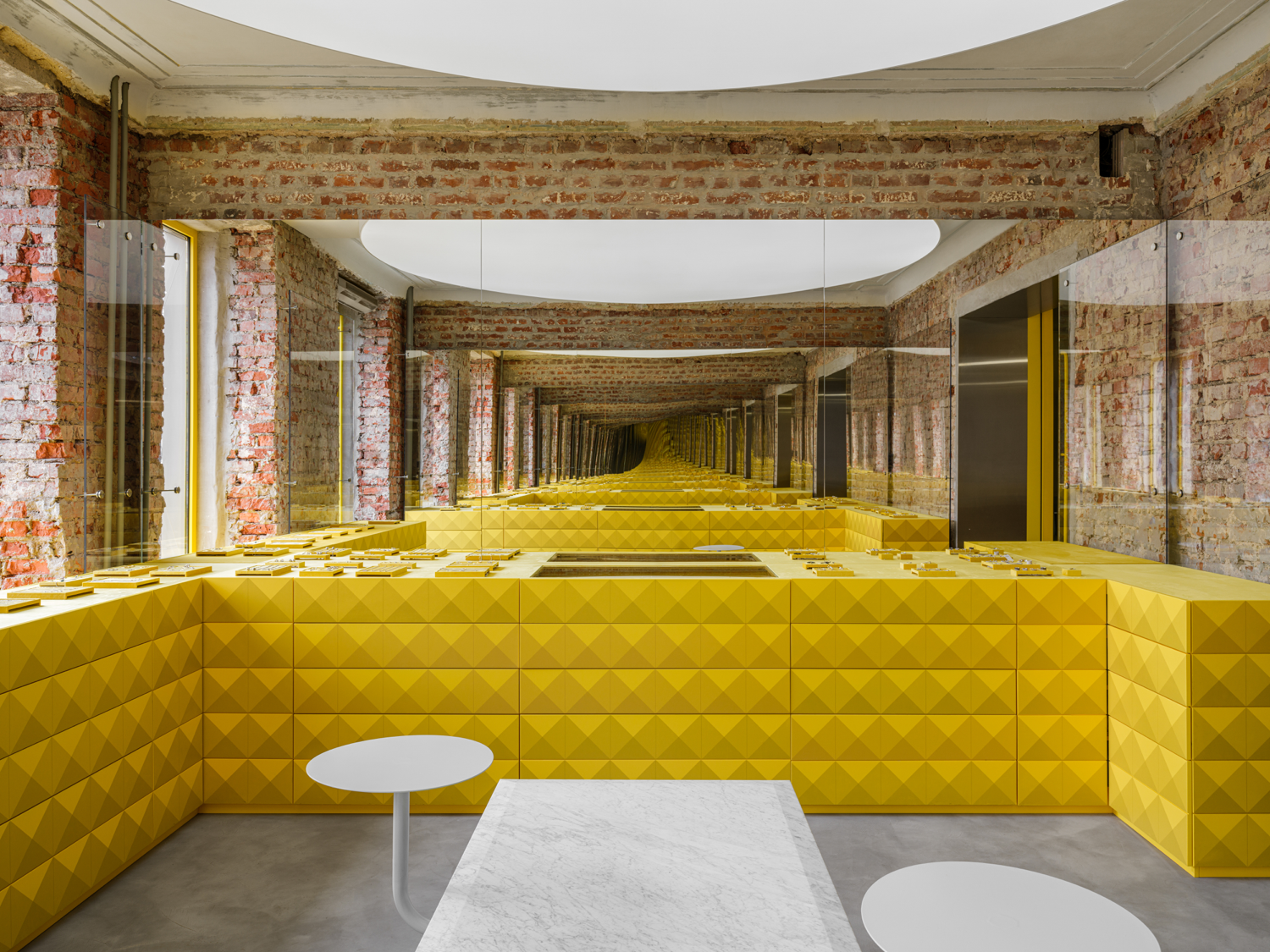
Publishers Note
Just to be clear – superfuture® is a design blog and not a political commentator. No surprise there. The scope of our content has always been global and borderless, however that can often mean covering projects in countries where we will not agree with the politics or actions of those countries. In a world that’s as screwed up as ever right now, the focus of our support is to those designers, architects and other creatives who aim to make the world a more liveable one – as opposed to people that try their hardest to destroy it. So if a project hits our desk and we like it based on its design credentials, we may choose to publish regardless of its location or creators nationality. superfuture® has always been inclusive and hopes for all current wars, aggression, violence, hate and extremism to end.


